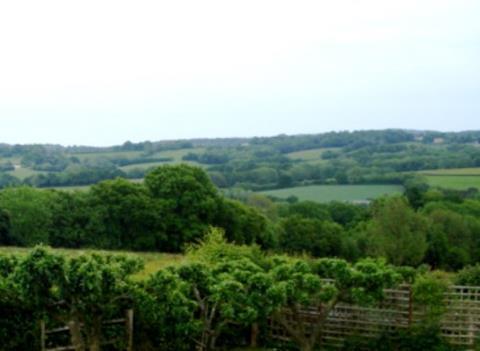University spends £16m to expand its farming research capacity as it focuses on Agrifood Futures Strategy

The University of Reading has unveiled a plan that it says will help it transform the future of food and farming through research.
The university has agreed a comprehensive plan for investment in research areas for agriculture and food and has completed a £16 million purchase of land at Tanners Farm in Farley.
The 635-acre site includes pasture, arable land and woodland, and is around five miles south of the University of Reading’s Whiteknights campus, and close to the university’s existing farming facilities at Hall Farm, near Arborfield.
The university says the purchase of Tanners Farm, and the adoption of the Agrifood Futures Strategy, will extend its farming resources, and there is also the possibility of an updated Local Plan for Wokingham allocating parts of Hall Farm for a new garden village.
Professor Robert Van de Noort, vice-chancellor of the University of Reading, said: “The study of food and farming has been at the heart of the University’s work for more than a century. This new strategy will secure the future of agriculture at Reading for the next century to come.
“Our mission is to develop new methods and partnerships that will transform the way healthy, sustainable food is produced in Britain.
“This is another important step to raise Reading’s position among the world’s best for agricultural research. In time, this strategy and additional farmland will give our researchers the ability to find answers to critical questions of food security and sustainability. It will provide our students with hands-on experience as they train to become our future food growers and the stewards of the countryside.”
The funds for the purchase come from the university’s long-term capital investment funds, while the university’s overall investment asset capital will remain broadly unchanged.
Future of food
The Agrifood Futures Strategy looks to position Reading to address some of the most important and complex challenges facing the global food system of 2050. It aims to align the university’s research with a vision for everyone globally to be able to consume a sufficient, healthy, sustainable and affordable diet that leaves the lightest possible footprint on the planet.
The strategy identifies three interlinked priority research areas, focusing on transformation to a resilient and fair food system, environmentally friendly farming systems, and developing healthy and sustainable foods.



